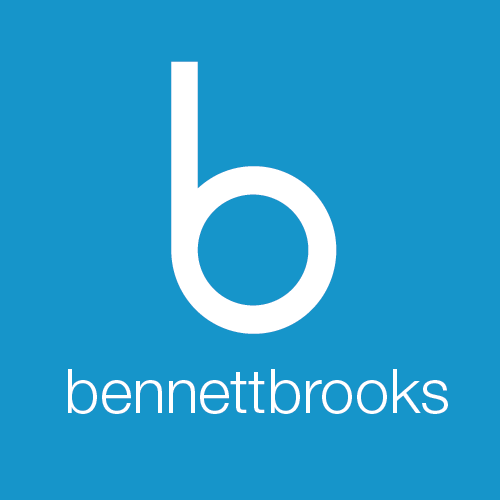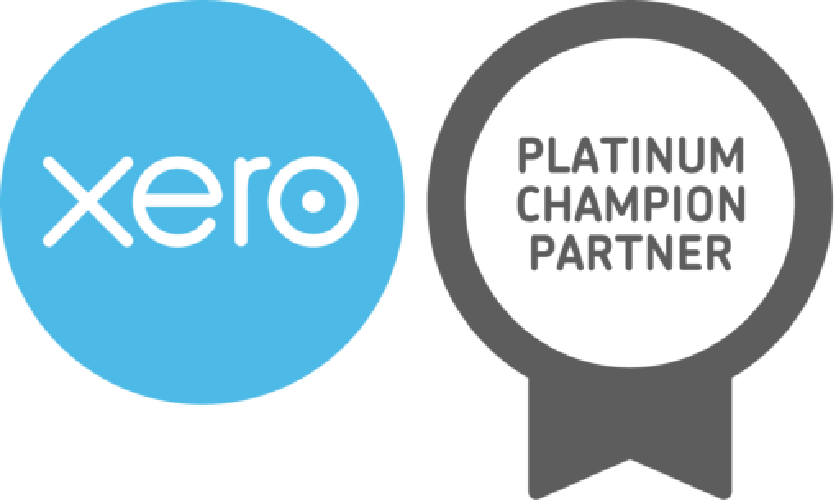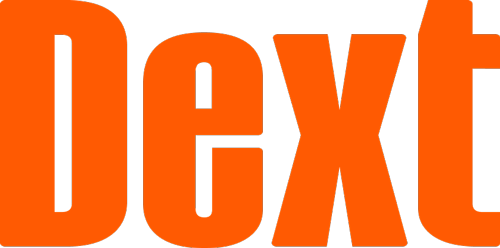in this final part we examine a number of FAQ’s on the topic.
Who is exempt from Making Tax Digital?
In most cases, any sole trader/freelancer/landlord earning more than £10,000 per year will have to sign up for MTD. However, there are exceptions in very specific circumstances, when you may be granted an exemption. Specifically, you can request an exemption if you’re not able to use a computer, the internet, or software. This could be for religious reasons, or because of:
• Your age
• A disability
• Where you live
• or any other reason that makes it impractical and unreasonable for you to use an accounting software tool for your taxes.
If you are reading this guide online, it is unlikely that an exemption will not apply to you—but if it does, you or your accountant will need to contact HMRC to ask for an exemption.
Can I opt out of MTD if I earn below £10,000 a year?
Unless you’re exempt, you’ll have to sign up for Making Tax Digital if you make more than £10,000 per year as a sole trader or through rental income.
HMRC has not yet offered any clarity on whether sole traders will be able to opt out of MTD if their income drops below £10,000—or whether those earning less than this amount will be able to sign up voluntarily.
Further guidance will be released closer to 2024 and we will be keeping a watchful eye on any announcements.
Do I need to digitally store receipts and invoices?
No—you can still keep your paperwork on paper if you want to. However, each transaction needs to have a digital record attached to it, and the amount concerned needs to be allocated to the correct income or expense category within your accounting software. The total amount in each of these categories (and not individual transactions or scanned receipts) needs to be submitted to HMRC each quarter.
Will I still be able to file paper tax returns?
If you are registered for Making Tax Digital, your tax information will need to be submitted digitally. If you earn under £10,000 per year, MTD will not apply to you, so it is likely that you’ll be able to continue filing paper returns if you prefer.
Can I still send handwritten or printed invoices?
Yes, you can still create handwritten invoices or print them out to send to your clients under MTD. These will need to either:
• Already form part of your digital records, i.e. an invoice created in your accounting software and printed to send to a client
• Be added to your digital records as soon as possible after the transaction
Bonus tips to help you prepare for MTD for ITSA
Work out whether you need to sign up in advance
To avoid any last-minute stress, it is a good idea to find out if you need to sign up for MTD before the deadline comes around. We are looking at all of our current clients and will be getting in touch if them if they clearly fall within the criteria but if you are a sole trader and you earn over £10,000 per year (before tax) from your trade or rental income (or a combination of both) or you expect to breach this threshold in the next two years, you will have to sign up.
This is likely to be based on your last tax return, so if you don’t earn more than £10,000 in the tax year 2022–2023, you won’t need to sign up just yet.
Sign up ahead of time
If you do need to sign up, the deadline will be 6th April 2024. However, it is a good idea to plan ahead and sign up before this date.
HMRC is currently running a pilot scheme, so you can actually sign up voluntarily already if you want to. However, there are only a limited number of software options available at the moment, and the pilot scheme is currently only open to sole traders with income from only one business.
Please ask us if you would like to explore the pilot.
Optimise your admin processes
Making Tax Digital could be a great opportunity to review your business admin processes and make sure they’re as efficient as possible. OK, this isn’t a very exciting prospect—but if you’re still using spreadsheets or a paper-based system to record your income and expenses, now might be a good time to take the leap and find an easier, more modern solution. There are some significant benefits to be had.
Get used to using accounting software
Making Tax Digital for Income Tax will not be mandatory until 6th April 2024, which means that you do not need to start using accounting software to keep digital records until then.
However, it is always good be prepared, and you can take the first step towards being MTD-ready by signing up for some simple bookkeeping software today—you never know, it might even make your life easier in the meantime!
We hope our 3 blogs on MTD for ITSA have been of help and that we have answered many of the questions you may have had. Should you need any further assistance or have more queries, please don’t hesitate to contact us. Call 0345 330 3200 today and the team will put you in touch with our MTD expert in your nearest office.
You can also email us at hello@benettbrooks.co.uk, we are here to help!
Will a Labour government mean changes to taxation?
I am increasingly being questioned by clients on what the likely taxation impact of a new Labour government is if they win the next General Election and whether they should make changes now.
Well let’s look at what has been said, the party has ruled out increasing rates of income tax, NI, corporation tax and VAT stating they have “no plans” for further tax increases and that the party’s plans requires no additional tax to be raised.
Why tax planning advice is key for agricultural business
Farming and rural businesses often have specialist needs particularly if there is a generational change or sale of the farm.
In practice they are complex businesses and must be properly managed by an experienced accountant who understands their sector. Offering an explanation on the need for planning advice can often be the key to in depth conversations that uncover future taxation issues and help them plan ahead.
New economic crime legislation
The Economic Crime and Corporate Transparency Act 2023 (ECCTA) contains a new groundbreaking measure: ‘the Failure to Prevent Economic Crime” criminal offence which will render large companies liable for fraud committed by their employees where the fraud was committed with the intention of benefitting the organisation or those to whom it provides services.
Global Mobility – What are the tax implications
Hybrid working, working from home or even working from a location outside the UK – these working arrangements are more common now than ever before for employees of businesses based in the UK.
Companies House reforms – increase to filing charges
Companies House have been given new powers to make the UK a more transparent place for businesses to operate. With these powers, Companies House plan to make changes in several areas.
How do I pay less Tax?
This could be one of the most frequently asked questions that accountants receive, from individuals and business owners. The answer really lies understanding how to minimise your tax liabilities.
Spring Budget 2024 – Impact on the Agricultural Sector
The Spring budget did contain a few announcements which will impact the agricultural sector and consideration should be given to whether action is taken now.
Spring Budget Summary 2024
Following the 2024 Budget, three key announcements that will be important to any tax payers falling in the following groups:
Anyone who lets a holiday cottage
Property developers/investors and
Non UK Domiciled individuals
Multiple Dwellings Relief – Spring Budget Update 2024
This stamp duty land tax relief is to be abolished with effect for transactions with an effective date on or after 1 June 2024. Transitional rules mean that MDR can still be claimed for contracts which are exchanged on or before 6 March 2024, regardless of when completion takes place
Abolition of the Furnished Holiday Let rules – Spring Budget Update 2024
For anyone who owns one or more Furnished Holiday Lets (FHLs), either directly or through a limited company this is a significant change. Until April 2025, if an individual owned and let out a furnished holiday let, broadly a holiday home let out to different individuals for short periods, there were a number of tax advantages that in many respect treated this activity as a trade rather than as an investment:





